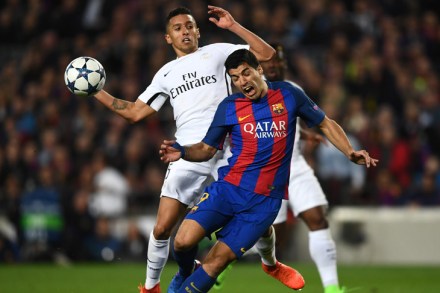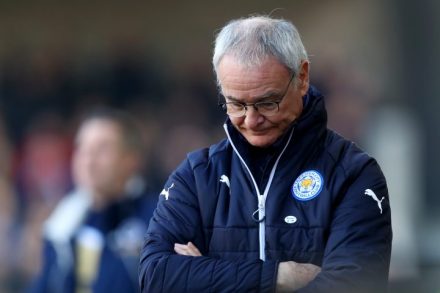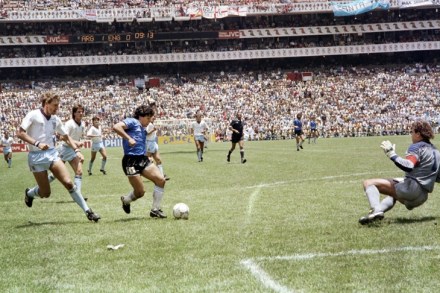Was it football or just mutimillionaires cheating?
Few sporting events in history have been greeted with such swivel-eyed, table-pounding hysteria as Barcelona’s comeback to overturn a 4-0 deficit against poor Paris St-Germain in the Champions League. Brilliant though it was, was it football or just another exercise in multimillionaires cheating? Luis Suárez clearly dived for the fifth goal, and should have been sent off. The sixth was arguably offside too. Either way, a video replay would have changed one or both goals and justice would have been done. Cricket, tennis, rugby, athletics all have technology to prevent this sort of thing; why not football? The excuse is that it would hold things up and yes, we all


















